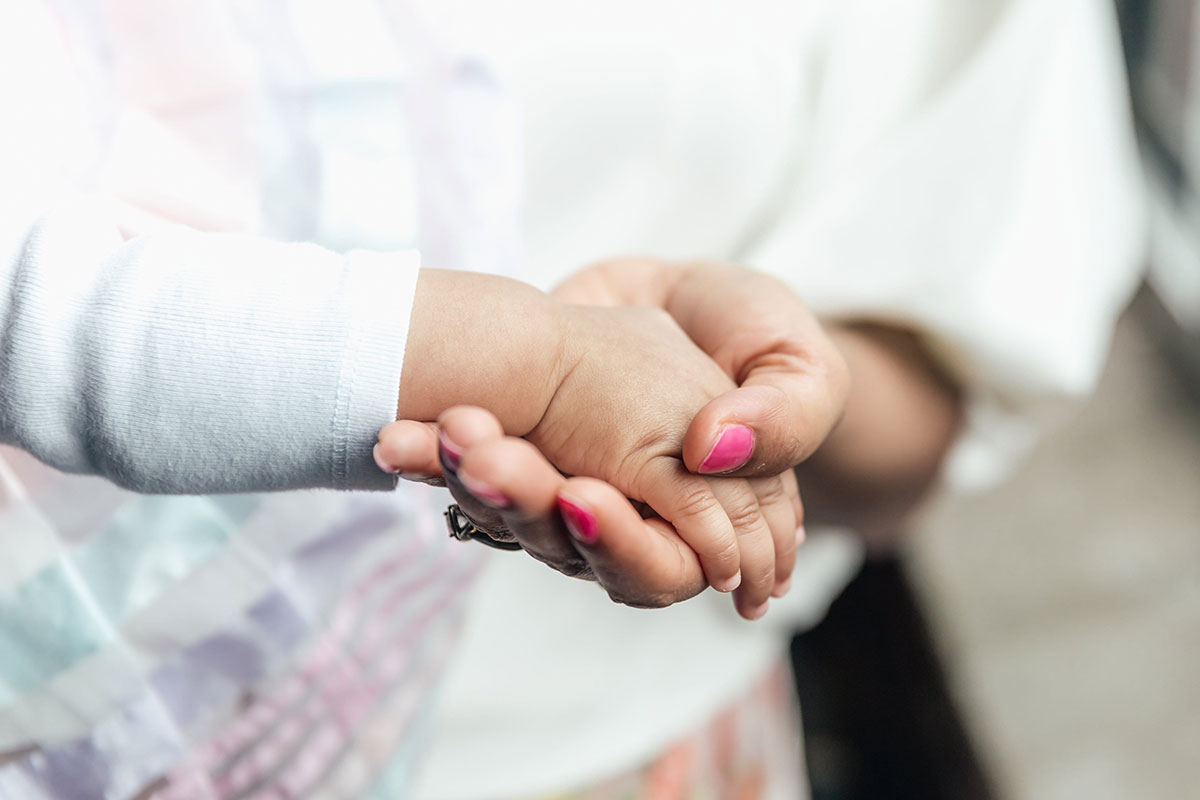
Bilingual babies prefer baby talk, new study shows
Babies prefer baby talk in any language, particularly when it’s a language they’re hearing at home.
A new international study of hundreds of babies involving 17 labs on four continents showed that all babies respond more to infant-directed speech – baby talk –than they do to adult-directed speech. It also uncovered that babies as young as six months can pick up on differences in language around them.
Melanie Soderstrom, an associate professor of psychology at the University of Manitoba, is part of a large international team called ManyBabies that undertook the study.
“This project highlights the cumulative benefits for science of our collaborative approach. Using traditional single-laboratory experimental approaches, we would never have obtained the quantity and diversity of data needed to study infants from bilingual families, who make up an important part of our community,” said Soderstrom.
Krista Byers-Heinlein, an associate professor of psychology at Concordia, is the primary investigator on the study.
“We were able to compare babies from bilingual backgrounds to babies from monolingual backgrounds, and what seemed to matter the most was the match between the language they heard in their everyday environment and the language we were playing them in the study,” said Byers-Heinlein.
The study’s findings were published in the journal Advances in Methods and Practices in Psychological Science. The study involved labs in Canada, the United States, Europe, Australia and Singapore, testing 333 bilingual and 385 monolingual children aged between six and 15 months.
While each lab recruited and tested their participants individually, there were certain similarities across all of them. The bilingual babies shared at least one of their two languages with the monolinguals. Testing procedures were held constant within each lab. Babies were separated into groups of six- to nine-month-olds and 12- to 15-month-olds.
Each baby was played short, pre-recorded tapes of English-speaking mothers using infant-directed and adult-directed speech. Researchers then measured each baby’s looking time while the recordings were playing.
“Looking indicates that they are listening,” said Byers-Heinlein.
It follows on another ManyBabies study, published last year, on infant cognition that demonstrated babies do indeed prefer it when you speak in a high-pitched, sing-song voice.
“These findings are an important follow-up to the original ManyBabies study for two reasons. First, we have shown the same overall preferences for (infant-directed speech) found in the first ManyBabies study in the bilingual infants. Second, we can ask more sensitive questions about the role that the relative experience with English plays in the infants’ preferences in our task,” said Soderstrom.
Not all of the babies were from homes in which English was spoken. The global nature of the study ensured many different language combinations were included. All children, regardless of language, preferred infant-directed English to adult-directed English. Those children who did come from homes in which English was spoken paid even more attention to the infant-directed speech.
“The more familiar they were with the language, the more they liked that infant-directed speech,” said Byers-Heinlein. “And a baby who is hearing English 75 percent of the time in their home would show a greater preference than a baby who is hearing English 25 percent of the time.”
Byers-Heinlein believes the ManyBabies consortium can build on the experience of running this study across 17 different infant labs across the world to expand and test future research questions.
“We can really make progress in understanding bilingualism, and especially the variability of bilingualism, thanks to our access to all these different communities.”






